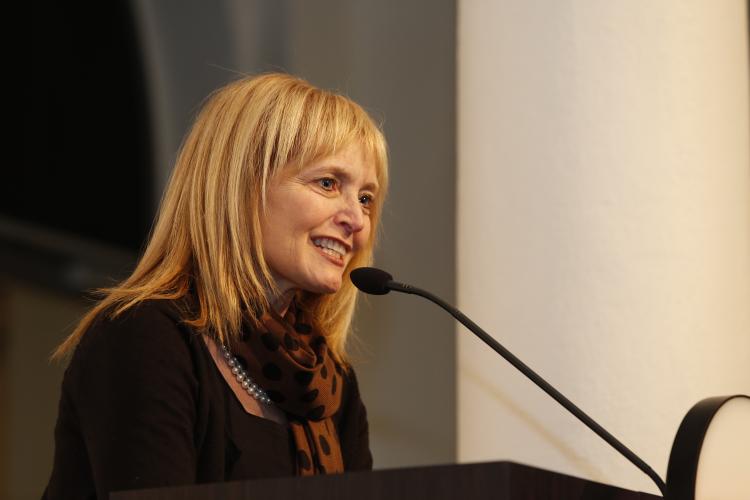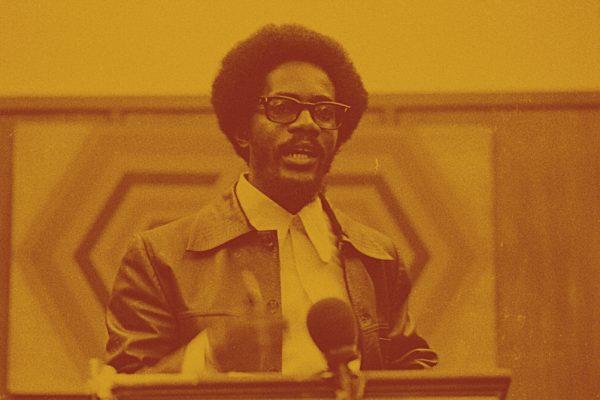The following is a response to Elizabeth Shakman Hurd’s article, “Muslims Need Not Apply.”
Having read Elizabeth Shakman Hurd’s article, “Muslims Need Not Apply,” I am saddened by the tenor and content of her opposition to those of us who insist that governments support the internationally recognized right to freedom of conscience and religion. In pursuit of her agenda, Hurd attacks one of our current commissioners as anti-Muslim while admitting he is in fact a “practicing Muslim.” This is baffling to say the least. More broadly, Hurd paints a disturbingly inaccurate portrait of the U.S. Commission on International Religious Freedom (USCIRF). It bears no resemblance to the organization I am honored to chair, the dedicated and diverse group of people with whom I am privileged to work, and the vital role USCIRF plays on behalf of the persecuted and the voiceless abroad.
If this portrait of USCIRF bore any relation to reality, I would never have agreed to serve on the Commission, let alone be its chair. As president of the Lantos Foundation for Human Rights and Justice, I would have contradicted my own principles and vision. And as the daughter of Holocaust survivors and international human rights activists, I would have dishonored their legacy.
The USCIRF I know and respect stands for the rights of individuals everywhere to think as they please, believe or not believe as their conscience leads, peacefully practice their beliefs, and express them publicly without fear or intimidation.
Our commissioners and staff members fight diligently for everyone—from Muslims to Buddhists, Christians to atheists, Jews to Hindus, Baha’is to Yazidis— to enjoy these liberties. Even a cursory glance at our Web site confirms this. Our mandate is not to promote religion but to promote freedom of religion. Indeed, this freedom includes the right to dissent from any and every religion or belief. We assess, propose, and press for powerful responses to religious-freedom violations abroad. These abuses range from killing, torture, and detention to less dramatic restrictions such as denials of permits to build houses of worship and limits on the freedom to wear or not to wear religious garb.
In our work, the Commission relies not on the laws and customs of any one nation, including our own, but on international documents to which nearly every nation has agreed, including Article 18 of the landmark Universal Declaration of Human Rights, which reads:
Everyone has the right to freedom of thought, conscience, and religion; this right includes freedom to change his religion or belief, and freedom, alone or in community with others, and, in public or private, to manifest his religion or belief in teaching, practice, worship, and observance.
That Hurd objects to holding nations accountable to this universal standard becomes especially clear near the close of her article. She rejects a U.S. government role in promoting this human right abroad. This is her opinion, and she is entitled to it. But millions of individuals around the world are gratified that most Americans are not willing to cavalierly abandon the protection of this precious freedom, as Hurd seems willing to do.








